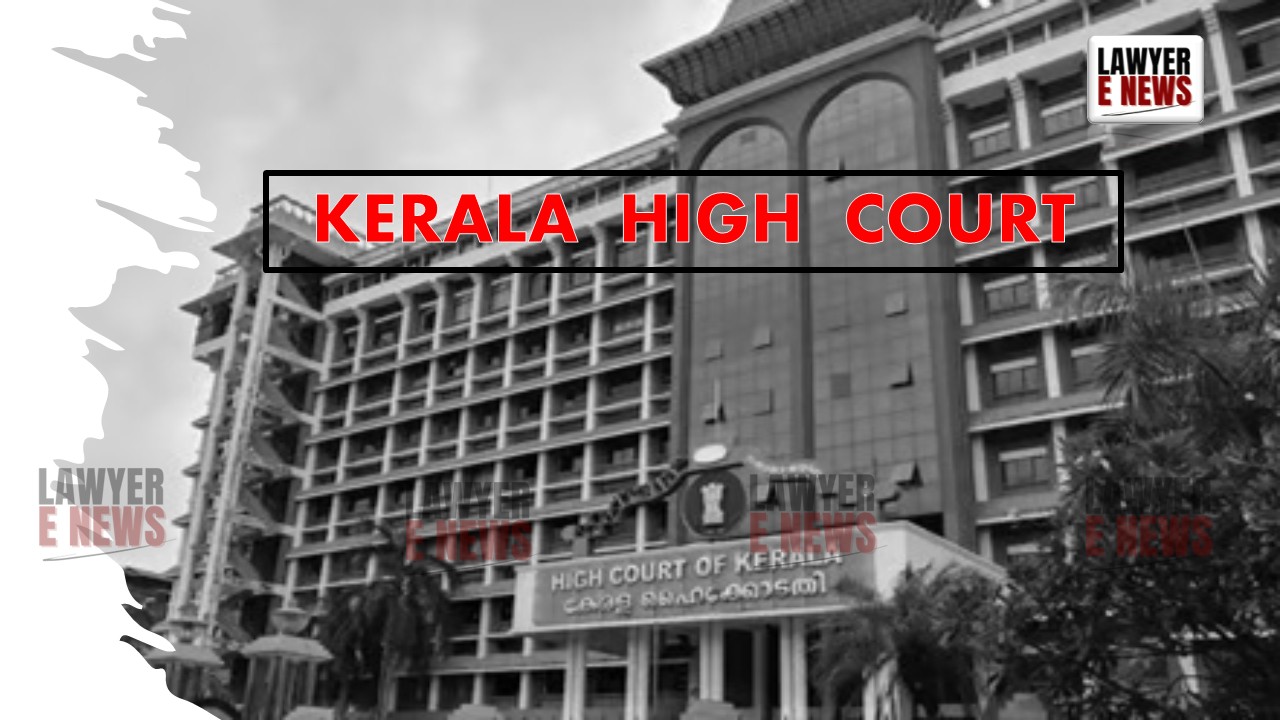-
by Admin
15 February 2026 2:36 AM



Kerala High Court dismissed two petitions seeking to quash criminal proceedings involving allegations of cruelty, misappropriation, and cheating. Filed under Section 482 of the Code of Criminal Procedure, 1973, the petitions aimed to halt cases arising from domestic disputes concerning the legality of a marriage, physical abuse, and financial misappropriation.
The complainant, Sheeba K.J., alleged that she married the first accused, Ebin Sebastian, in a religious ceremony at a temple in 2013, despite her earlier marriage, which had been separated for 15 years. She claimed the accused and his family subjected her to harassment, including physical abuse, which resulted in a miscarriage. She further alleged that the accused misappropriated five sovereigns of gold and ₹7 lakh, using them for personal benefits, including purchasing a motorbike and an auto-rickshaw.
The petitioners sought to quash both cases, arguing that the alleged marriage was invalid due to the complainant's earlier undissolved marriage and that no prima facie case of cheating or cruelty was made out.
The Court dismissed the argument that the invalidity of the marriage precluded prosecution under Section 498A IPC. It held:
“The legality of the marriage is a matter of evidence to be determined during the trial. At this stage, prima facie materials indicate allegations of cruelty, physical abuse, and harassment.”
Regarding the allegations of cheating and misappropriation under Section 420 IPC, the Court emphasized that these claims required trial scrutiny:
“The allegations of misappropriation of five sovereigns of gold ornaments and ₹7 lakh, along with the complainant’s claims of exploitation, are factual issues. Whether there was intent to cheat at the inception must be established during the trial.”
Recognizing the overlapping facts and allegations, the Court directed the trial court to conduct a joint trial for the two cases, observing:
“A joint trial will ensure effective adjudication and prevent duplication of proceedings.”
The High Court dismissed both petitions, vacated interim orders, and directed the trial court to proceed with the cases. The petitioners were left to raise their defenses during the trial.
This judgment highlights the Court’s reluctance to interfere with ongoing criminal proceedings unless a clear abuse of process is evident. It reinforces the principle that complex factual disputes, particularly involving allegations of cruelty and financial misappropriation, are best resolved through trial.
Date of Decision : January 6, 2025
